Pakistan’s top diplomat lauds Iran’s ‘unwavering support’ for Kashmir
Pakistan’s new foreign minister Bilawal Bhutto Zardari has lauded Iran for supporting the Kashmiri cause, conveying a message of “goodwill” and “cordiality” from Islamabad to Tehran as the two nations seek closer relations.
Zardari, on his maiden official visit to Iran, on Tuesday held wide-ranging talks with top Iranian officials, including Iranian President Ebrahim Raeisi and Foreign Minister Hossein Amir-Abdollahian, on bilateral and regional issues.
In his meeting with Amir-Abdollahian, the top Pakistani diplomat expressed Islamabad’s gratitude to the Iranian leadership for its “steadfast support for the just cause of Kashmiri people.”
An official release by Pakistan’s foreign ministry said Zardari briefed the Iranian side on a “serious human rights situation” in Indian-controlled Kashmir - a predominantly Muslim-majority region claimed by both India and Pakistan.
Addressing a joint conference after their meeting in Tehran, the Pakistani foreign minister said the focus of their talks in the context of the regional security situation was on the question of Kashmir.
The erstwhile Himalayan region of Kashmir has been split between India and Pakistan since the partition of British India in 1947. Both countries claim all of the region and have fought three wars over the contested territory.
In recent years, Islamabad has in particular been critical of New Delhi’s decision to scrap the semi-autonomous status of Kashmir in August 2019.
Since the controversial move almost three years ago, Indian prime minister Narendra Modi’s BJP government has brought new laws and policies that local Muslims say are aimed at changing the Muslim-majority demography of the region.
The Kashmir valley is the largest militarized zone in the world, with estimates saying more than half a million Indian soldiers are stationed in the valley.
In similar remarks last month on the sidelines of the World Economic Forum in Davos, Zardari appreciated Iran's support for the Kashmir cause, especially that of the Leader of the Islamic Revolution Ayatollah Seyyed Ali Khamenei.
Ayatollah Khamenei has often emphasized the “just struggle” of Kashmiris in his sermons and speeches.
After the events of August 2019, the Leader called on the Indian government to “adopt a just policy towards the noble people of Kashmir and prevent the oppression and bullying of Muslims in this region.”
Over the years, Ayatollah Khamenei has appealed to the Muslim community to support the “struggle” in Kashmir and put Kashmir in the same category as Afghanistan and Palestine.
Iran has been consistent on the Kashmir issue since the Islamic Revolution of 1979, whose leader, Imam Khomeini, once made it categorically clear to a visiting Indian delegation that the ties between the two countries would not improve until the bloodletting in Kashmir continued.
Pakistani FM calls for global fight against Islamophobia
In the joint presser on Tuesday, the Pakistani foreign minister said the two officials also discussed the rising tide of Islamophobia and recent derogatory remarks by India's ruling party officials that had “deeply offended” Muslims throughout the world.
In remarks on a TV news debate last month, BJP’s then-spokesperson Nupur Sharma made inflammatory comments against the Prophet of Islam, which led to widespread condemnation in the country and throughout the Muslim world.
The reactions prompted the BJP to suspend Sharma from the party while distancing itself from her offensive remarks.
The party also expelled Naveen Kumar Jindal, who heads its Delhi media, from the party, after he posted a tweet about the Prophet but later deleted it. The BJP said Jindal’s views on social media undermine communal harmony and are in violation of the party's fundamental beliefs.
“It’s time for the international community to show a common resolve against xenophobia, Islamophobia, intolerance, and incitement to violence on basis of religion or belief,” Zardari said.
During his visit to New Delhi last week, Amir-Abdollahian had asked the Indian government to respect the “sensitivities” of Muslims.
“We expected to hear Indian leaders speak out about peaceful coexistence of all religions and sects, as we have seen throughout the country’s history. We hope Indian authorities will reiterate this stance in the talks,” he said.
Iran and Pakistan were among the first countries that condemned derogatory remarks. They also separately summoned the Indian ambassadors in protest.
‘Pakistan eyes closer relations with Iran’
Elsewhere in his remarks, Zardari reiterated Pakistan’s commitment to strengthen its relations with Iran, saying building closer relations with the neighboring country remains a high priority for Islamabad.
“On behalf of the government of Pakistan, I convey a message of goodwill and cordiality to Iranian brothers and sisters,” he said.
“Iran is a very important neighbor of Pakistan with whom we share immutable historic and fraternal bonds. For the prime minister, and for me, building close relations with Iran remains a high priority. I can say with great satisfaction that we continue to build upon the exceedingly positive and constructive relations enjoyed by our two countries,” he added.
He also expressed support for Tehran in the Vienna talks on reviving the 2015 Iran deal and said he looked forward to the day when a conclusion could be reached that was the “right of the people of Iran.”
As per an official release put out by Tehran after President Raeisi’s meeting with Zardari, the Iranian chief executive said there are “no restrictions” on developing comprehensive ties between the two countries, as he underlined that Tehran could help Islamabad meet its demand for oil, gas, and electricity.
“Some do not like the good relations between the two Muslim, neighboring, friendly, and brotherly nations, but the development of relations leads to economic prosperity and more security for the nations of the region,” he said.
Raeisi also said that “we consider Pakistan’s security to be our own security.”
'Capitulation': Israeli officials and media concede Gaza defeat as truce unfolds
'Gaza has won': Social media users react to ceasefire with mix of relief, joy
Iran seeks South Korea’s assistance for AI, fiber-optic projects
VIDEO | Iran's 'Eqtedar' (Power) maneuver
Israel hits HTS military target in Syria for 1st time since fall of Assad
VIDEO | Press TV's news headlines
Israel has slaughtered 13,000 students in Gaza, West Bank
VIDEO | More Zionist than Zionists: Biden’s legacy to be defined by Gaza genocide


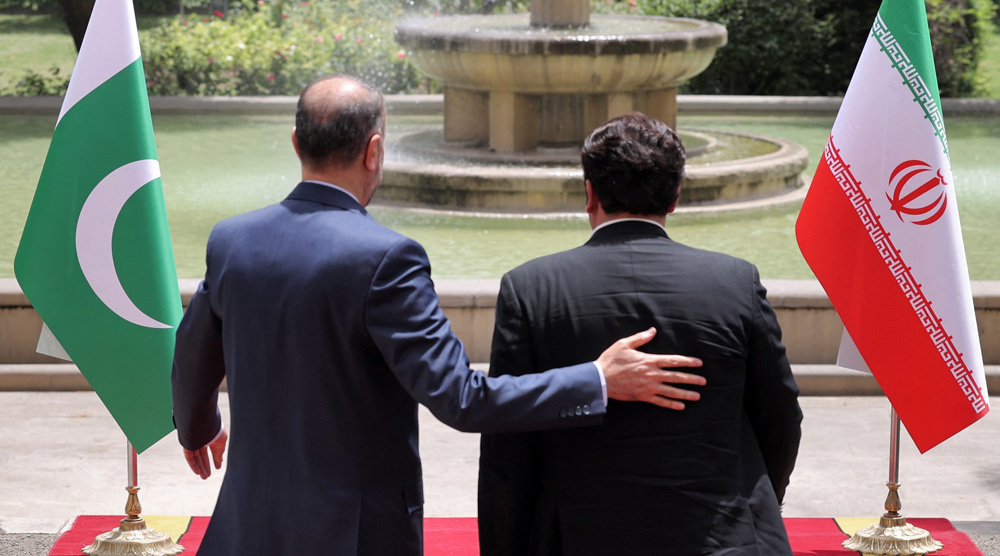
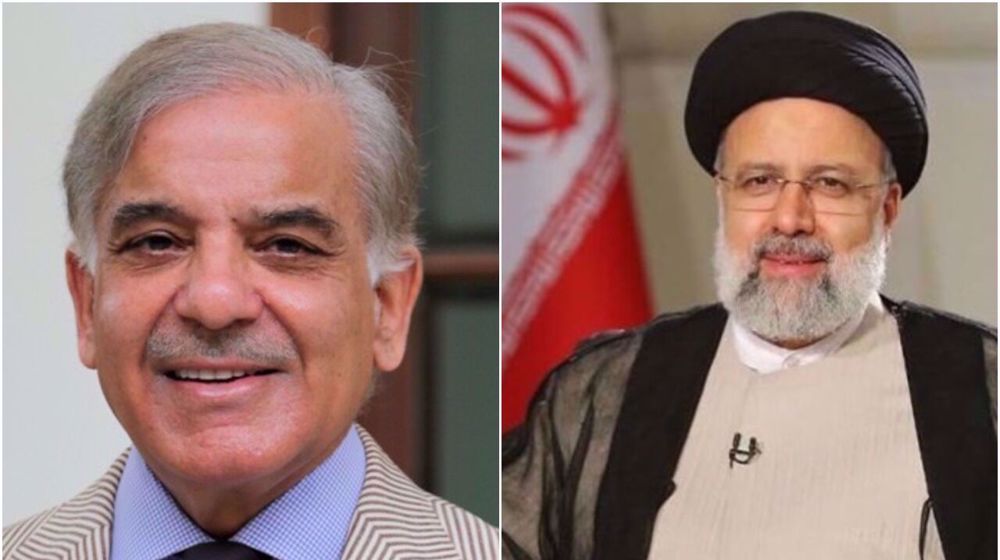
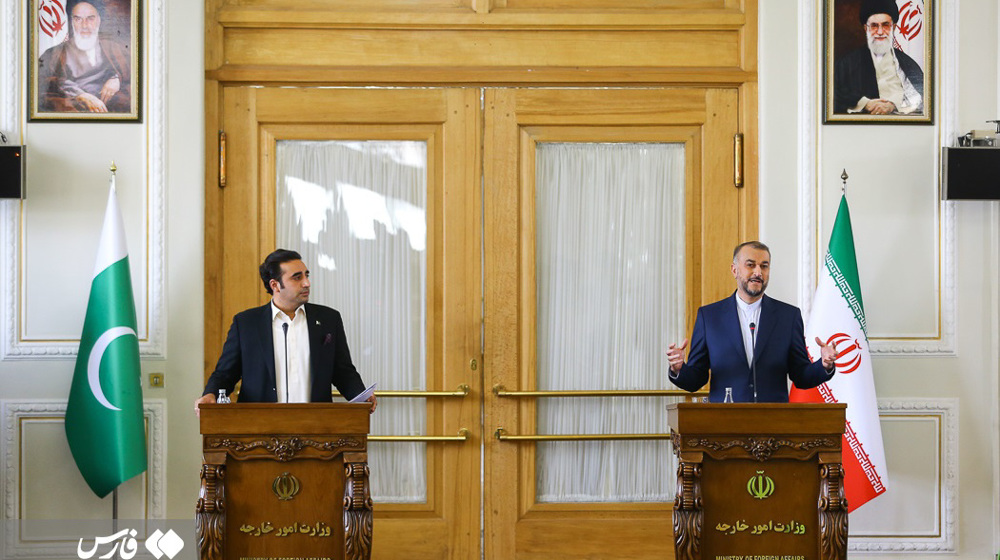


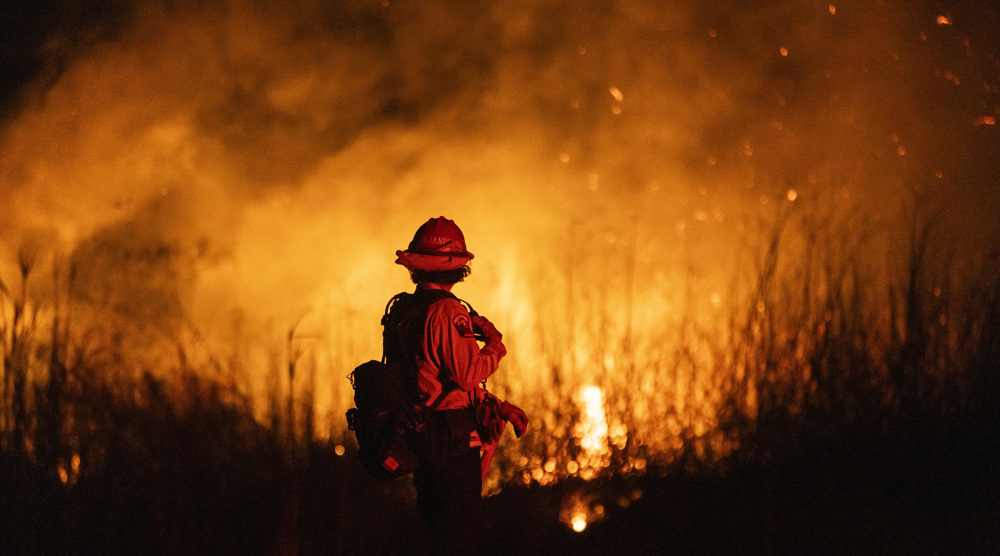



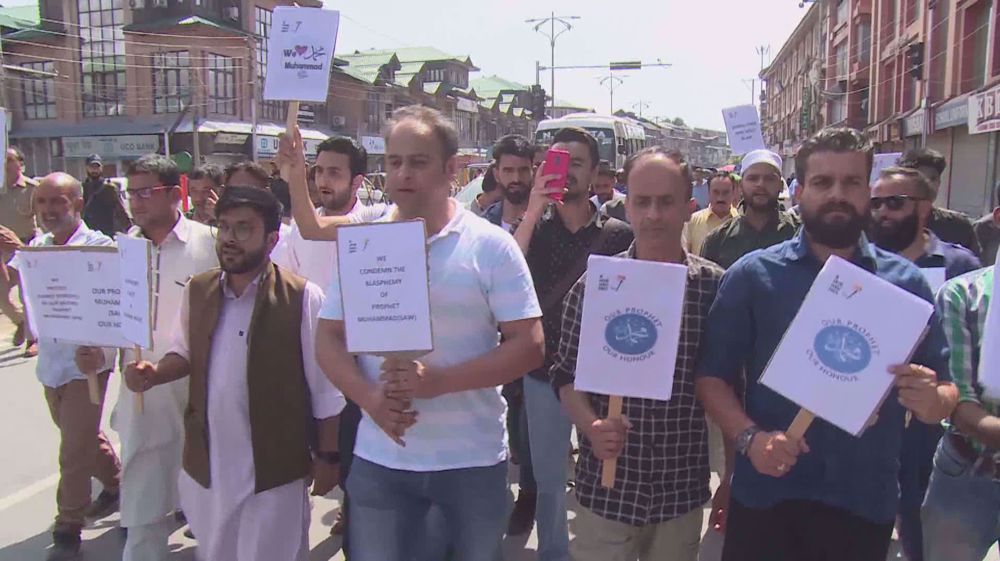
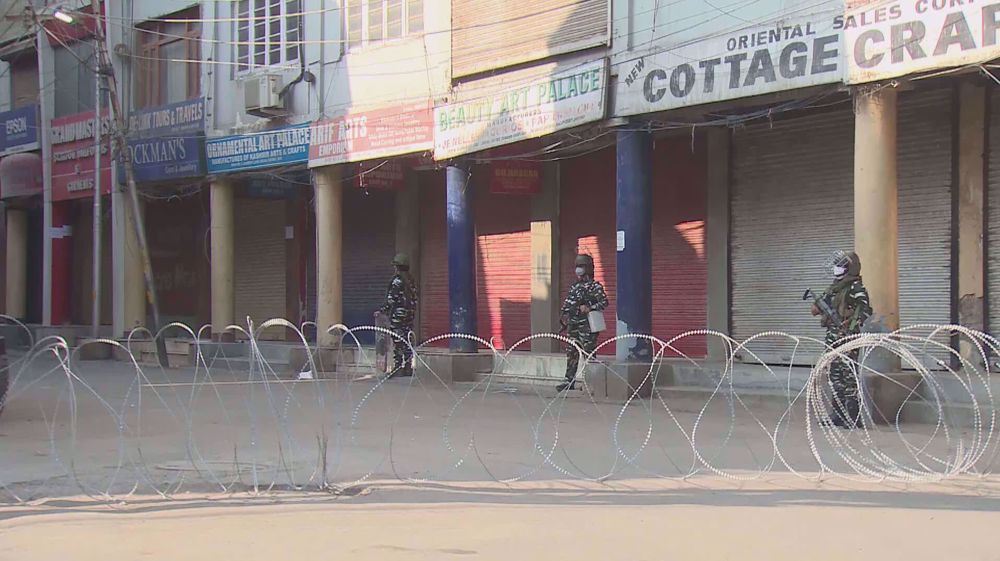
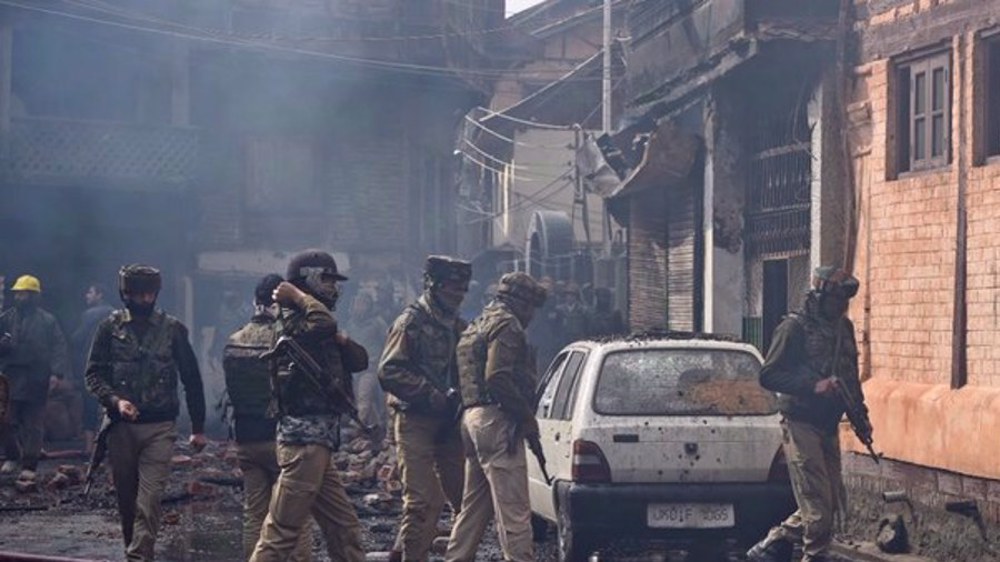
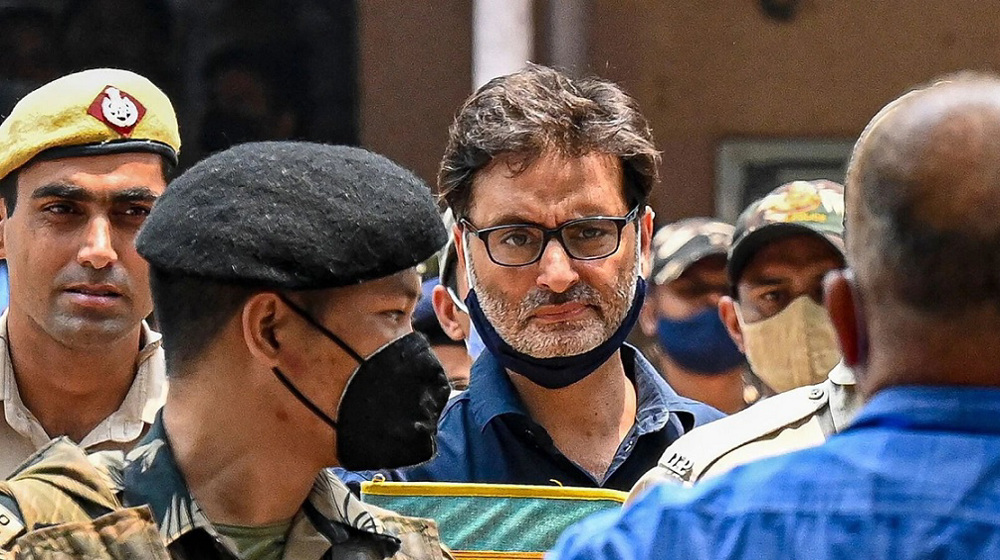
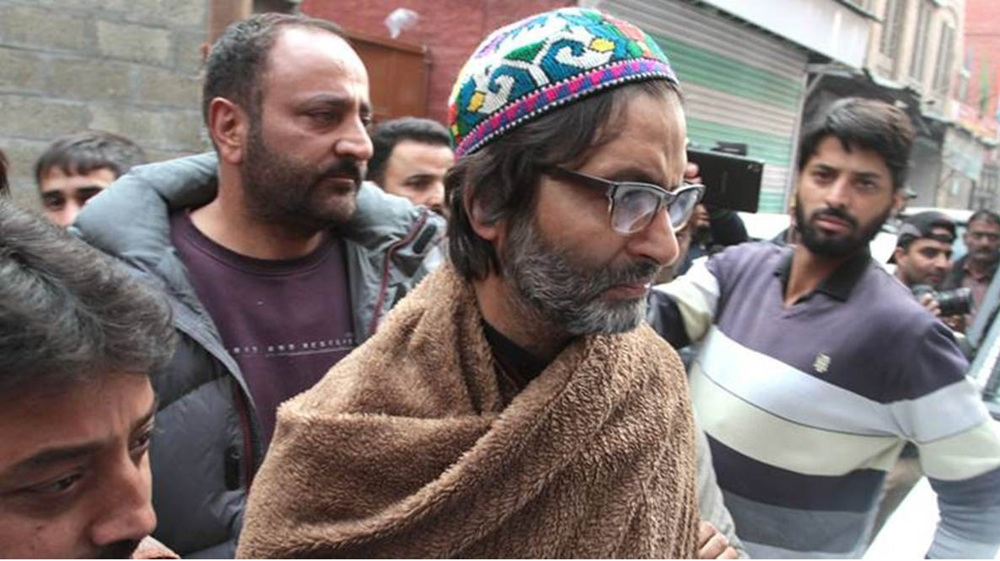

 This makes it easy to access the Press TV website
This makes it easy to access the Press TV website